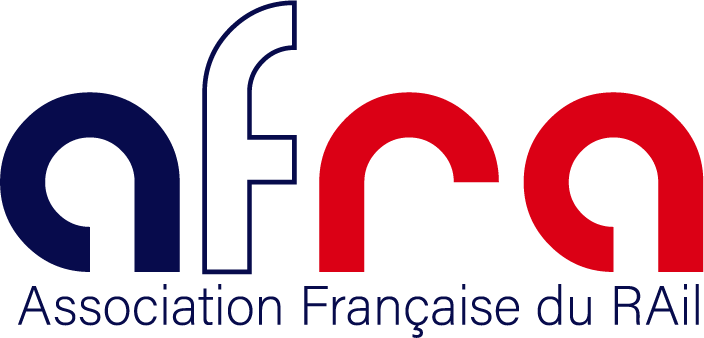In view of the improvements proposed by the French Parliament, AFRA is of the opinion that the Bill to be adopted by the National Assembly and Senate, this week, is certainly a crucial first step towards modernizing the French railway system. Nonetheless, it will still not create the conditions required if the rail passenger transport market is to be opened to competition in France, nor will it help absorb the debt accumulated by railway operations over many years.
In view of the improvements proposed by the French Parliament, AFRA is of the opinion that the Bill to be adopted by the National Assembly and Senate, this week, is certainly a crucial first step towards modernizing the French railway system. Nonetheless, it will still not create the conditions required if the rail passenger transport market is to be opened to competitionin France, nor will it help absorb the debt accumulated by railway operations over many years.
With this reform, AFRA considers first of all that setting up a single infrastructure manager, called SNCF Réseau, which will pool the RFF and SNCF employees in charge of the infrastructure within a same entity, should likely lead to an improvement in the management of the French rail network. AFRA backs the French Parliament’s determination to reinforce the powers and independence of ARAF, the French rail regulator, in order to ensure that the rail network is operated in a balanced manner.
Nonetheless, AFRA members regret that the Bill does not meet the main objectives set by European rail directives. In particular, this is true for two crucial points :
– The Bill does not include any concrete measure with regard to opening passenger transport to competition. In accordance with European PSOs (Public Service Obligations) regulations, AFRA considers that the rail reform must enable transport organisation authorities to choose freely the manner in which they manage their public service delegations. Furthermore, the reform should also provide SNCF with the opportunity to get ready for the arrival of alternative operators as planned by the European Union by 2019. Transport organization authorities must also be able to set their prices themselves, remain in control of their investments and, thus, become fully-empowered authorities.
– Despite its ambitious objectives, the Bill lacks any provision aimed at absorbing the deficit posted by the rail system, which now exceeds €40 billion.
Lastly, with regard to social issues, AFRA asks the government not to call into question the rail freight economic model. AFRA is in favour of defining different sets of working conditions for the freight and passenger sectors so as to adapt their organization to the specific conditions of these two markets.
AFRA urges the government to take measures in view of opening the rail passenger transport market before 2019. It suggests setting up working groups that would be supervised by the government, would include all the relevant players and would have the objective of enhancing the economic performance of the French railway system.
——————————————————————————————
L’Association Française du Rail (AFRA)
Founded in March 2009, AFRA(l’Association Française du Rail) brings together railway companies, which consider that the French market for freight and passenger transport will only be able to develop fully within an open, competitive and regulated market.AFRA currently has the following railway companies with a passenger transport business among its members : Arriva, Transdev, CFTA, Thello and Trenitalia ; among its freight members : Colas Rail, Euro Cargo Rail, ETF Services, Europorte France, OSR France, Trenitalia, T3M.
Contact: Jacques Malécot,
AFRA Chief Executive.
Tel: + (33) 1 45 26 28 27 or +(33) 6 27 22 83 44
Find out more at: www.assorail.fr
